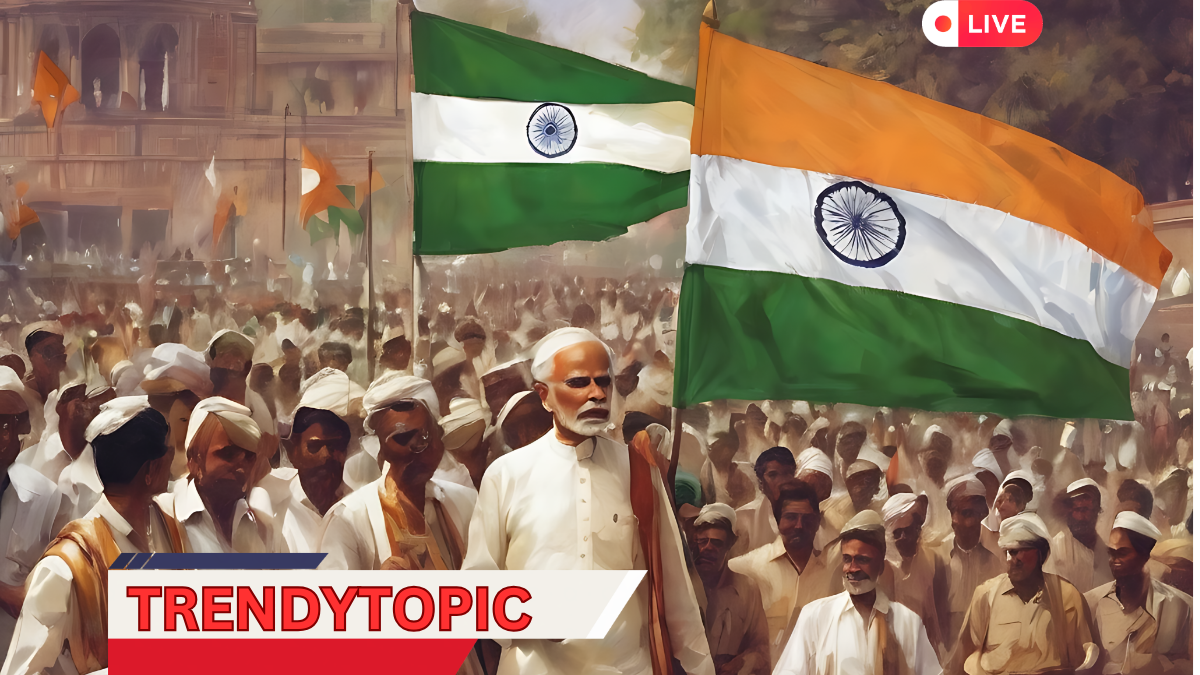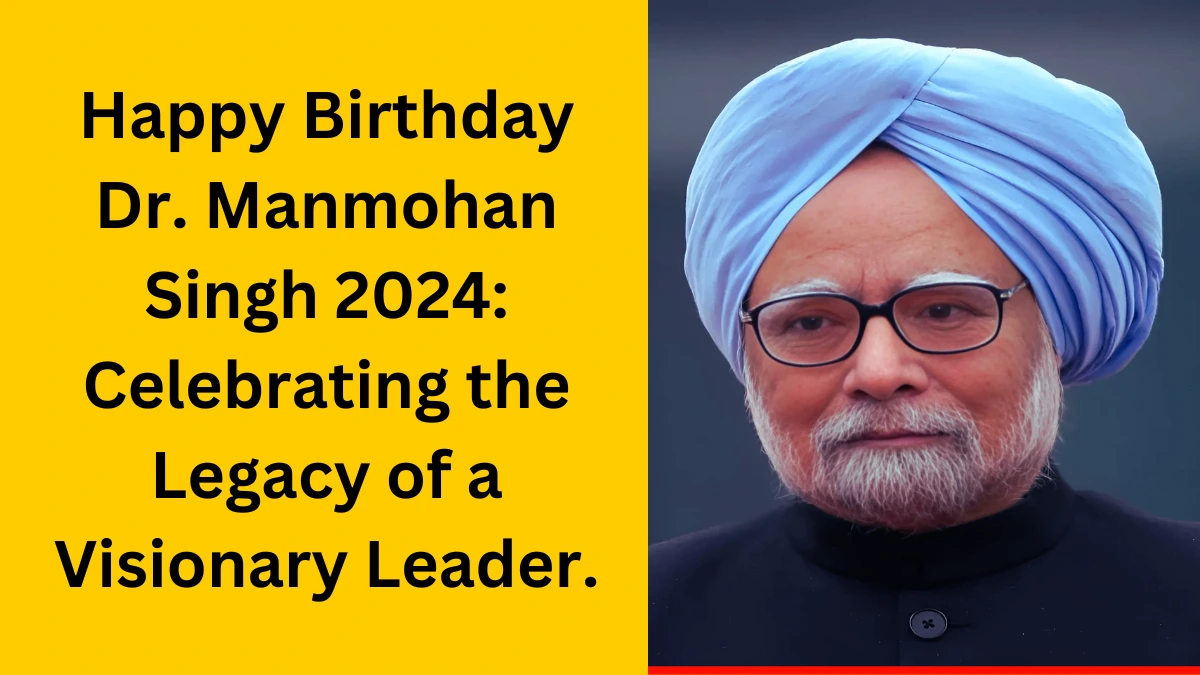Introduction: Understanding Independence
Independence of India signifies a state of self-governance, free from external control or influence. For a country, it means the ability to govern its own affairs without interference from outside forces. This concept is deeply rooted in the aspirations of people who seek to establish a system that reflects their own identity, values, and priorities.
1. What Does Independence Mean? Independence of India

Independence is more than just political freedom. It encompasses a nation’s ability to shape its own destiny, create its laws, and govern its people according to the will of its citizens. It also implies a sense of national pride and identity, as well as the opportunity to develop economically, socially, and culturally.
2. What Happened on 15 August 1947 in India? Independence of India

On 15 August 1947, India achieved its independence from British colonial rule. This historic day marked the end of nearly 200 years of British dominance, beginning a new chapter in the subcontinent’s history. The day is celebrated as Independence Day and is a national holiday in India. At midnight on 14-15 August, Jawaharlal Nehru, the first Prime Minister of India, delivered his famous “Tryst with Destiny” speech, signifying the birth of a free and independent India. The British Parliament passed the Indian Independence Act 1947, which granted India and Pakistan, formed simultaneously, complete legislative sovereignty.
3. How Did India Gain Independence in 1947? Independence of India
The path to Indian independence was long and arduous, involving a series of movements and events that contributed to the weakening of British control over the region.
- Early Resistance and Revolts
- Formation of the Indian National Congress
- In 1885, the Indian National Congress (INC) was founded, serving as a platform for discussing issues affecting the Indian populace. It became a pivotal organization in the Indian independence movement, uniting various groups with a common goal of ending British rule.
- The Role of Mahatma Gandhi
- Mahatma Gandhi emerged as a central figure in the movement in the early 20th century, advocating for non-violent resistance and civil disobedience. His campaigns, such as the Non-Cooperation Movement (1920), Civil Disobedience Movement (1930), and the Quit India Movement (1942), galvanized the Indian masses, drawing widespread participation across diverse sections of society.
- World War II and its Aftermath
- The impact of World War II significantly weakened British economic and military power. The Indian National Army, led by Subhas Chandra Bose, also posed a military challenge to British rule. International pressure and the deteriorating economic situation in Britain made maintaining control over India increasingly untenable.
- The Indian Independence Act 1947
- Recognizing the futility of further resistance, the British government decided to grant independence to India. The Indian Independence Act 1947 was passed by the British Parliament, leading to the establishment of India and Pakistan as independent dominions.
- Partition and Its Consequences
- The independence of India was accompanied by the partition of the country into India and Pakistan. This partition was a result of religious divisions and demands for a separate Muslim state. The partition led to massive displacement and communal violence, with millions of people migrating across the new borders.
Conclusion: The Legacy of Indian Independence
The independence of India on 15 August 1947 marked a significant milestone in world history. It not only ended colonial rule in the subcontinent but also inspired other nations in Asia and Africa to seek their own independence. Today, India’s independence is celebrated with great fervor, commemorating the sacrifices of those who fought for freedom and reflecting on the journey of the nation towards becoming a vibrant democracy.



